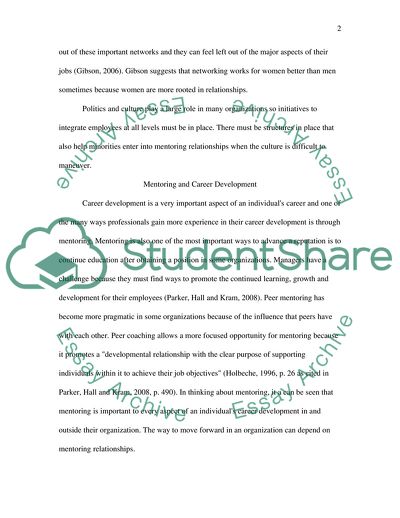Cite this document
(The Process of Mentoring Assignment Example | Topics and Well Written Essays - 1250 words, n.d.)
The Process of Mentoring Assignment Example | Topics and Well Written Essays - 1250 words. https://studentshare.org/education/1738292-graduate-reflection-paper-1c
The Process of Mentoring Assignment Example | Topics and Well Written Essays - 1250 words. https://studentshare.org/education/1738292-graduate-reflection-paper-1c
(The Process of Mentoring Assignment Example | Topics and Well Written Essays - 1250 Words)
The Process of Mentoring Assignment Example | Topics and Well Written Essays - 1250 Words. https://studentshare.org/education/1738292-graduate-reflection-paper-1c.
The Process of Mentoring Assignment Example | Topics and Well Written Essays - 1250 Words. https://studentshare.org/education/1738292-graduate-reflection-paper-1c.
“The Process of Mentoring Assignment Example | Topics and Well Written Essays - 1250 Words”. https://studentshare.org/education/1738292-graduate-reflection-paper-1c.


